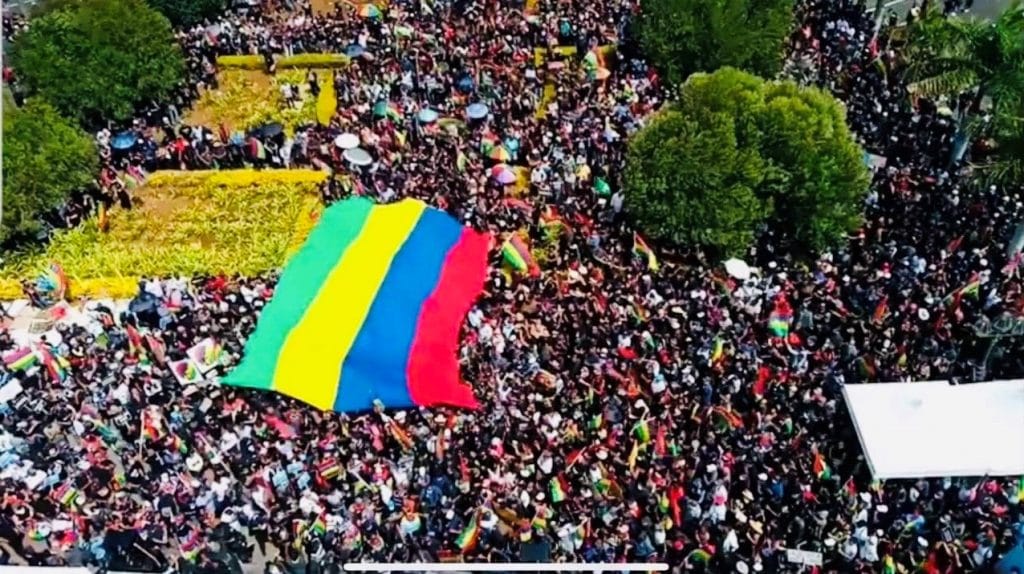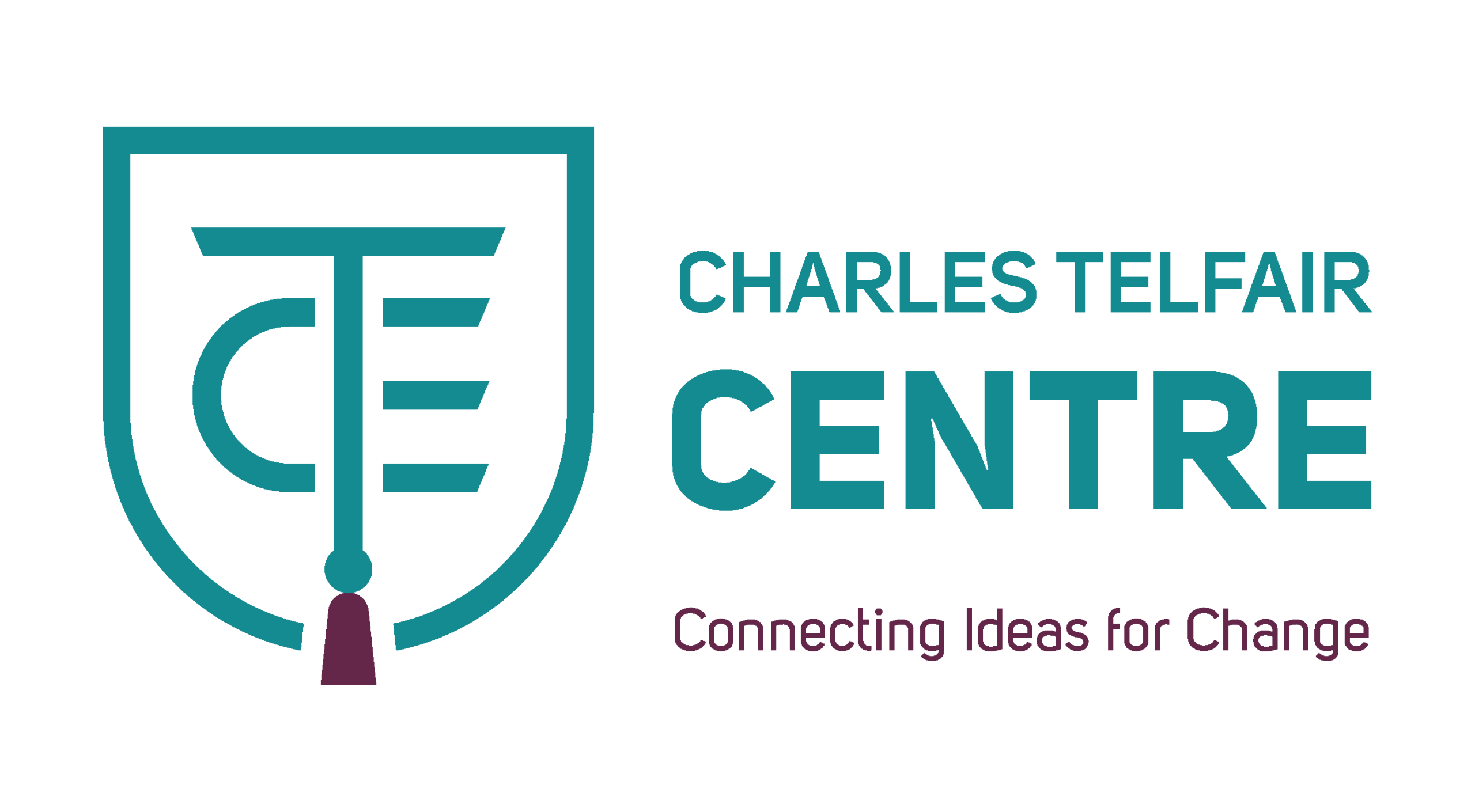Roukaya Kasenally, Associate Professor in Media and Political Systems, University of Mauritius
In her research on the Mauritian democratic system, Roukaya Kasenally highlights a system that celebrates ethnic politics, tolerates dynastic politics and promotes the interest of certain groups in exchange for financial support and/or the distribution of money to influence voters. In a COVID 19 context calling for a ‘new normal’ she argues for a new social contract that would, among other things, put greater weight on demand-side democracy, propose improved regulations on party financing and promote the democratisation of internal political party processes.
A new social contract for ‘the new normal’
Mauritius’ political, economic and social history has been known for its resilience. From the ominous statements made by two Nobel laureates – Meade and Naipaul to the pre-independence riots of 1968, the small island state could easily have veered towards violence and instability. Instead, it opted for the ballot culture [1] and espoused a development state model premised on a participating private sector, an able and competent bureaucracy, the management of ethnic diversity, institutional development and the ability to ensure social dialogue [2]. In the process, Mauritius became a case study for economic success, diversity management and democratic sustainability.
Mauritius has followed diligently a path of sustained growth and economic diversification for more than half a century [3]. However, there is increasing evidence that inequality and exclusion are on the rise, that public debt is ballooning and trust in institutions is waning. Could COVID 19 act as a catalyst for change? Arguably, the advent of COVID 19 as a global phenomenon has prompted leaders, policymakers as well as citizens to adopt alternative approaches – termed as ‘the new normal’ based on a new social contract.
The genesis behind the social contract is found in the work of Rousseau [4], where he proposed a method for establishing a political community. So, what would the new social contract for Mauritius include? A new economic agenda? A new political culture? A new cultural manifest? It probably would have to include all of these different features. For the purpose of this article, my focus will be on instilling a new political culture as the first pillar of this new social contract. In fact, politics is at the centre for systemic change in many societies and can help shape a new set of norms and values.
Ethnic, Dynastic and Money Politics
In an article for the Journal of Democracy, entitled “Mauritius: Paradise Reconsidered”, I deconstructed what I termed as the ‘picture perfect Mauritian democracy’. In fact, at the heart of our democracy, we celebrate ethnic politics, tolerate dynastic politics and promote the interest of certain groups in exchange for financial support andor distribution of money to influence voters. In a forthcoming publication commissioned by the Westminster Foundation for Democracy, entitled ‘Cost of Politics in Mauritius’ [5], I demonstrate how these three features have not only weakened our democracy but have acted as major barriers to those contesting elections with a particular impact on women and youth.
It is important to note that in the last two decades, there has been a lot of talk but very little action concerning the need for electoral reform and more recently a demand for doing politics differently. Electoral reform, although agreed among political parties as a necessity to modernise our current electoral system, has been unable to broker bipartisan support in parliament. The latest example being the failed ‘Political Financing Bill’ introduced in 2019 unable to receive the required three-quarter majority in parliament to become law. As for political renewal, this has remained more of mantra at times making it impossible to execute due to the current electoral and political systems that favour mainstream political parties.
Towards a new political culture
So how does one get out of this status quo? How does one start to promote a new political culture? The solution might seem simplistic but there is an urgent need to invest in what is termed as demand-side democracy. Mauritius so far has essentially promoted the supply side aspect namely – the creation and setting up of institutions, the holding of elections on a regular basis, the presence of an opposition in parliament amongst others. However, what has been absent is the involvement and say of citizens beyond an election. In fact, this is the very essence of a democracy: to be representative, participatory and deliberative. Maybe a start to this is was what we witnessed on the 29th August when tens of thousands of Mauritians took to the street following the MVWakashio Oil Spill. In fact, protest politics is an integral part of democracy.

Demand-side democracy can also be enhanced through the advent of voter/ citizen education. Unfortunately, in the last thirty years, Mauritiussaw an acceleration of voter clientelism. This was to a great extent revealed in the forthcoming publication on ‘Cost of Politics in Mauritius’ where political ideology has been replaced by ‘what is in for me’ attitude. To counter such an attitude there is the need to invest in educating voters on the significance of the ballot and political parties have the onus to engage with voters in a more intelligent manner.
Accountability, transparency, democratisation
Instilling a new political culture cannot be envisaged if money politics continues to be a strong determinant in the manner that politics and voting are conducted. Politics is getting increasingly expensive and one needs money to contest an election. This has a crowding-out effect allowing only wealthy, connected or even corrupt people to enter politics, win seats and enjoy the spoils of power. Therefore, it is imperative that the necessary legislation be introduced to cull the presence of big money. Legislation coupled with the requirement of making the registration of political parties mandatory (beyond an election campaign) can start to shift the existing culture from one laced with opacity to greater accountability and transparency. In the long run, the much-needed level playing field can be attained.
A new political culture, to a great extent, emanates from political parties themselves as they set the tone to the type of ideology and conversation within a given society. In a study, conducted on political parties in Mauritius (Bunwaree and Kasenally, 2005) reference is made to the highly controlled system dictating the management of mainstream political parties. The study revealed that, to a large extent, it is the party leader who makes key decisions and manages the party purse. This top-down approach to political party management is compounded by the fact that there are no elections for party leadership. Therefore, it is imperative that political parties democratise their internal functions and promote representativeness and accountability within their own party.
As an endnote, charting out a new social contract is a long-haul process that will require sustained investment at all levels. It is not something that can be achieved in a siloed approach but on the contrary, will require a sense of collectivism. Promoting national conversations, engaging with citizens beyond elections and, as highlighted in this article, start to address the trust deficiency in politics.
[1] Bunwaree, S. & Kasenally, R. (2005). ‘Political Parties and Democracy in Mauritius’, EISA Research Report, 19
[2] Bunwaree, S. (2005). ‘State-Society Relations: Re-engineering the Mauritian Social Contract.’ Paper presented at the 2005 CODESRIA General Assembly, December 6–10, 2005, Maputo, Mozambique
[3] Ramtohul, R. & Eriksen, T. H. (2018). The Mauritian Paradox: Fifty Years of Development, Diversity and Democracy. UOM Press: Mauritius
[4] Rousseau, J-J. (1762). The Social Contract. Penguin Publishers
[5] Kasenally, R. & Ramtohul, R. (forthcoming). ‘The Cost of Politics: Mauritius’. Westminster Foundation for Democracy. London: UK
Charles Telfair Centre is an independent nonpartisan not for profit organisation and does not take specific positions. All views, positions, and conclusions expressed in our publications are solely those of the author(s).
Main Photo: Nicola Barnett/Flickr

